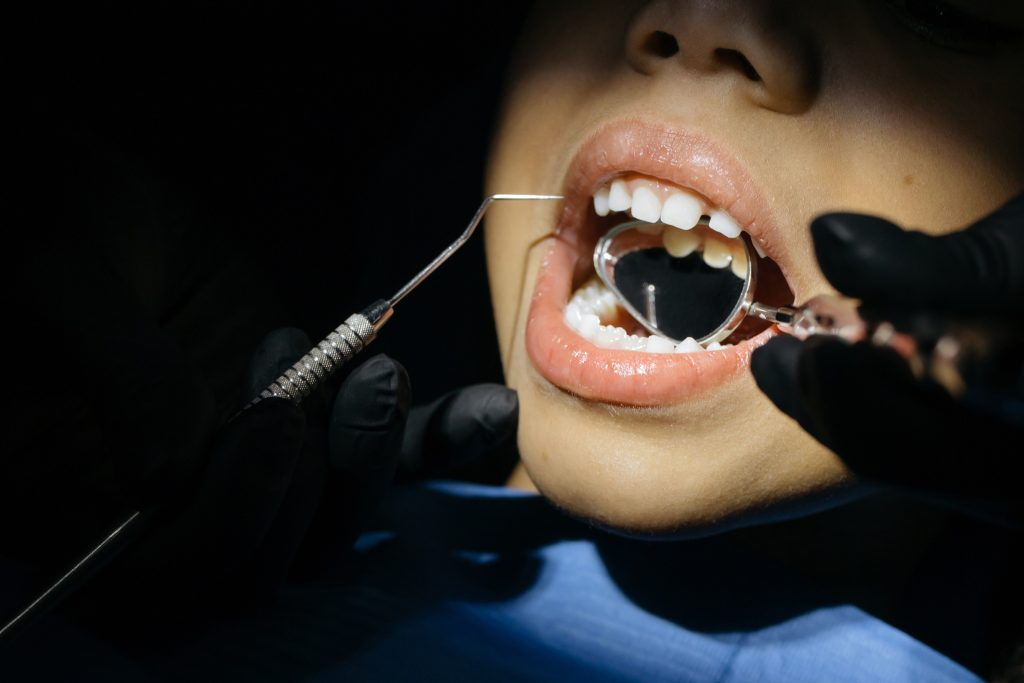If your child complains of jaw pain, it’s essential to take their symptoms seriously. Jaw pain can be caused by various conditions, some of which are more serious than others. In this blog post, you’ll learn how to help your child with jaw pain.
1. Identify the source of the pain.
To help your child find relief from jaw pain, it’s helpful first to identify the cause of the pain. There are many possible causes of jaw pain, so it’s essential to try to determine its source.
Does it seem to be coming from their teeth, gums, or jaw joints? If they’re having trouble pinpointing the exact location, have them open and close their mouth slowly while you observe.
Sometimes, the pain may be due to an injury or infection. Other potential causes include teeth grinding (bruxism), temporomandibular joint disorder (TMJ), and dental problems such as an abscessed tooth.
2. Ask them about the pain and other symptoms.
To help your child find relief, it is important to ask about all of their symptoms. This information can help to identify the cause of jaw pain and determine the best course of treatment.
Does the pain come on suddenly or gradually? Does it occur when they chew or only when they open their mouth wide? Is the pain sharp or dull? Is it constant or does it come and go?
Additionally, be sure to ask about any other symptoms that may be present, such as neck pain, or fatigue. Are they having trouble chewing or swallowing? Do their teeth feel sensitive to hot or cold temperatures? Are they experiencing earaches or headaches?
3. Try pain medication, ice, or a cold compress.
If your child is in a lot of pain, you can give them over-the-counter pain medication like ibuprofen or acetaminophen. This can help to reduce inflammation and discomfort. However, be sure to read the instructions carefully and only give your child the recommended dosage.
You may want to apply ice to the area if the pain is severe. Place a towel over their skin before applying an ice pack for 15 minutes at a time. You can also try using a cold compress to help relieve any swelling and numb the area around the jaw.
4. Avoid hard foods, large bites, and bad posture.

If your child is experiencing jaw pain and you’re seeking to apply lifestyle changes or at-home remedies, you can consider a few things. First, avoid hard foods that can put pressure on the jaw joint. Choose soft foods instead.
Second, encourage your child to take small bites instead of large ones. They should also chew their food slowly and carefully. And finally, make sure they maintain good posture while eating by keeping their shoulders and chin level. This helps to avoid jaw pain by placing less stress on the jaw joint.
5. See a doctor.’
If your child is experiencing intense and consistent jaw pain, it is crucial to seek medical help. After all, a qualified medical professional can recommend the best course of treatment. And in some cases, physical therapy or surgery may be necessary. A doctor can also rule out more serious conditions like cancer or a neurological problem that may be causing the pain.
6. Get them dental implants.
If your child is experiencing jaw pain, it could be due to missing teeth. Dental implants are an excellent way to replace missing teeth and help alleviate jaw pain. Unlike dentures or bridges, dental implants are permanently fixed in the jawbone, providing a strong and stable foundation for replacement teeth.
Dental implants can also help preserve the jaw’s natural shape and prevent further bone loss. If your child is missing one or more teeth, talk to your dentist about whether dental implants are right for them.
7. Get them a mouth guard.
Mouth guards are designed to protect the teeth and jaws from injury, and can also help to reduce inflammation and pain. There are two main types of mouth guards: over-the-counter and custom-fitted. Over-the-counter mouth guards are less expensive but may not fit well or provide as much protection as a custom-fitted mouth guard.
A custom-fitted mouth guard is made by taking an impression of your child’s teeth, which is then used to create a perfect fit. Custom-fitted mouth guards are more expensive but provide the best protection and comfort.
Jaw pain is never fun—especially for kids! We hope these tips will help you get your child some relief until they’re feeling better again. Remember, if the pain is accompanied by fever, rash, or swelling, please see a doctor as soon as possible as these could be signs of a more severe infection.
